When ChatGPT Becomes Google: Ads, Monetization & the Trust Dilemma
Imagine this: you’re chatting with ChatGPT, asking for the best way to clean your air fryer. It gives you a perfect, step-by-step guide. Then, almost as an afterthought, it adds: “By the way, for a deeper clean, you might want to try Brand X's specialized cleaning solution.”
That subtleresponse isn’t a hypothetical future. This is the endpoint of a path OpenAI appears to be walking—one that transforms our trusted AI assistant into a powerful, ad-supported platform.
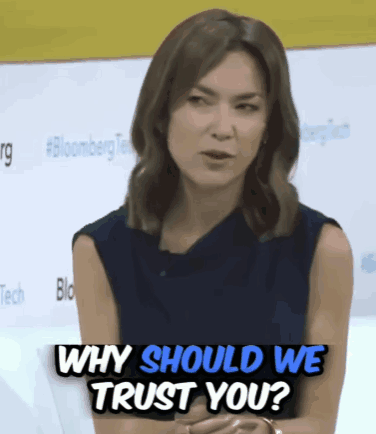
1. The Unspoken Rivalry: AI vs. Traditional Search
It’s no secret that ChatGPT is a direct competitor to Google Search. For hundreds of millions of weekly users, it’s already the go-to for complex queries, research, and creative tasks. And with that market share and dizzying new investment rounds comes immense monetization pressure.
2. The Inevitability of Ads in ChatGPT
OpenAI has been careful with its language, but the direction is clear. While ChatGPT lead Nick Turley has said the core chat experience might be "too sensitive" for ads, he left the door wide open, specifying they could be introduced if they are "thoughtful and tasteful."
The real story, however, is in the numbers. Leaked internal documents forecast staggering revenue from "free-user monetization":
- $1 Billion by 2026
- Nearly $25 Billion by 2029
Past statements like “no active plans for ads” now read as strategic positioning, not a firm commitment. The building blocks for an ad network are being assembled as we speak.
3. Follow the Money (and the Hires)
Why this change? The simple answer is cost. Training and operating large language models like GPT-4 cost billions of dollars annually. While the subscription model (ChatGPT Plus) helps, it doesn't cover the immense expense of serving a massive free user base.
Ads represent a scalable, high-margin revenue stream. The strategic hiring of former advertising executives from giants like Meta and Google signals a serious shift from experimentation to execution. OpenAI is currently building out the infrastructure for its new hires.
4. The Core Conflict: Monetization vs. Trust
This is a crisis of trust in the making.
When your search results are influenced by the highest bidder rather than the most relevant source, the quality of information erodes.
Academics warn of "native advertising" in AI—where the line between an organic, helpful answer and a paid placement becomes dangerously blurred.
If an AI "suggestion" feels like a trusted tip but is actually a sponsored product, how can users ever be sure what they're getting?
We’ve seen this movie play out before with the SEO-clogged search results of the past. The fear is that ChatGPT is heading down the same well-trodden path. hat tip to google creating then enshitifying search in a generation.
5. The Engagement Engine and Its Inherent Bias
GPTs are designed for engagement. The more you use them, the more valuable they become to the platform.
The GPT Store explicitly rewards developers for high-usage bots. This creates a powerful, self-reinforcing cycle: engaging bots keep users on the platform, and that attention is the very product that can be sold to advertisers.
OpenAI is even exploring "Commerce in ChatGPT," where it could take a cut of in-chat purchases while claiming recommendations remain unbiased. Walking the tightrope between generating revenue and safeguarding impartiality will be their greatest challenge.
Conclusion: We Stand at a Crossroads
The era of ten blue links is waning, replaced by conversational AI. But this new reality is already facing an old temptation: ad revenue.
If OpenAI integrates ads into ChatGPT, it may solve its immediate revenue problem, but it risks creating a far larger one: the erosion of user trust.
When every interaction becomes a potential sales pitch, relevance fades and skepticism grows. This is Google's story repackaged for the AI age—and we've seen how that impacts the quality of our digital lives.
So, what can we do?
- As users, we must demand radical transparency in the labeling of any sponsored content.
- We should support and foster alternatives that prioritize privacy and user-aligned models.
- We must remember the fundamental rule of the internet: if you aren't paying for the product, you likely are the product.
The future of AI search is being written now. The question is, will it be built for us, or for advertisers?
Further Reading
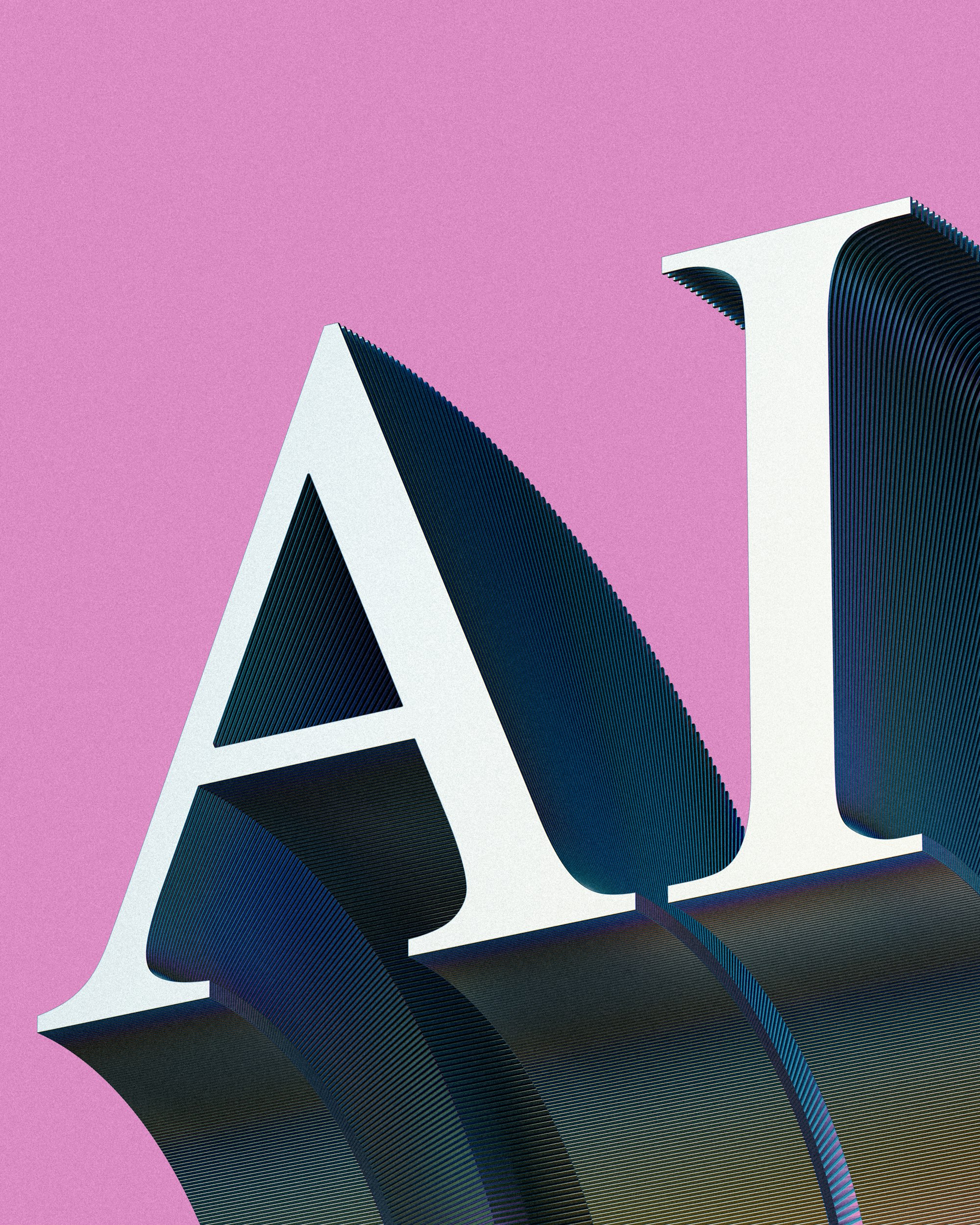
Post 1 of 6
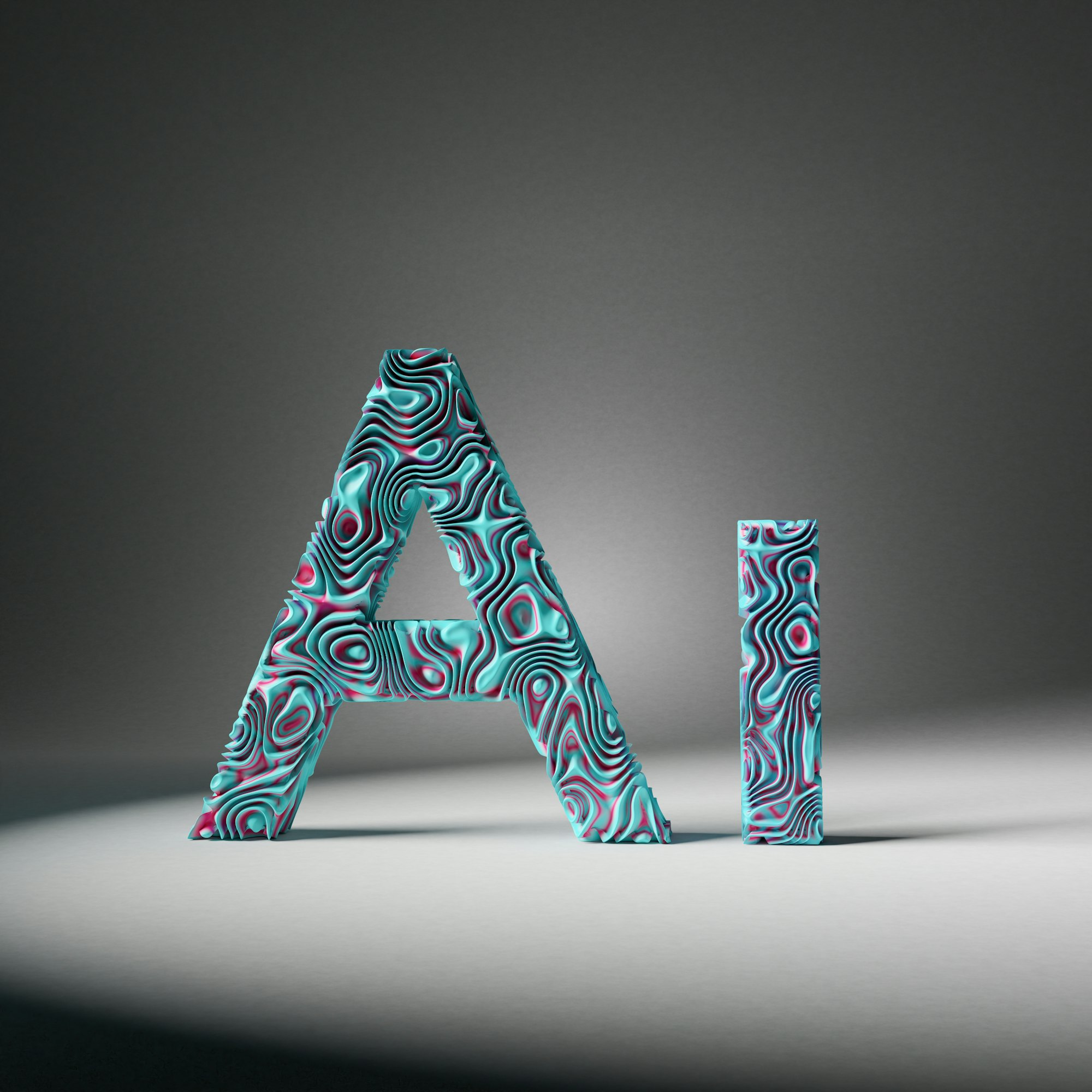
Post 2 of 6
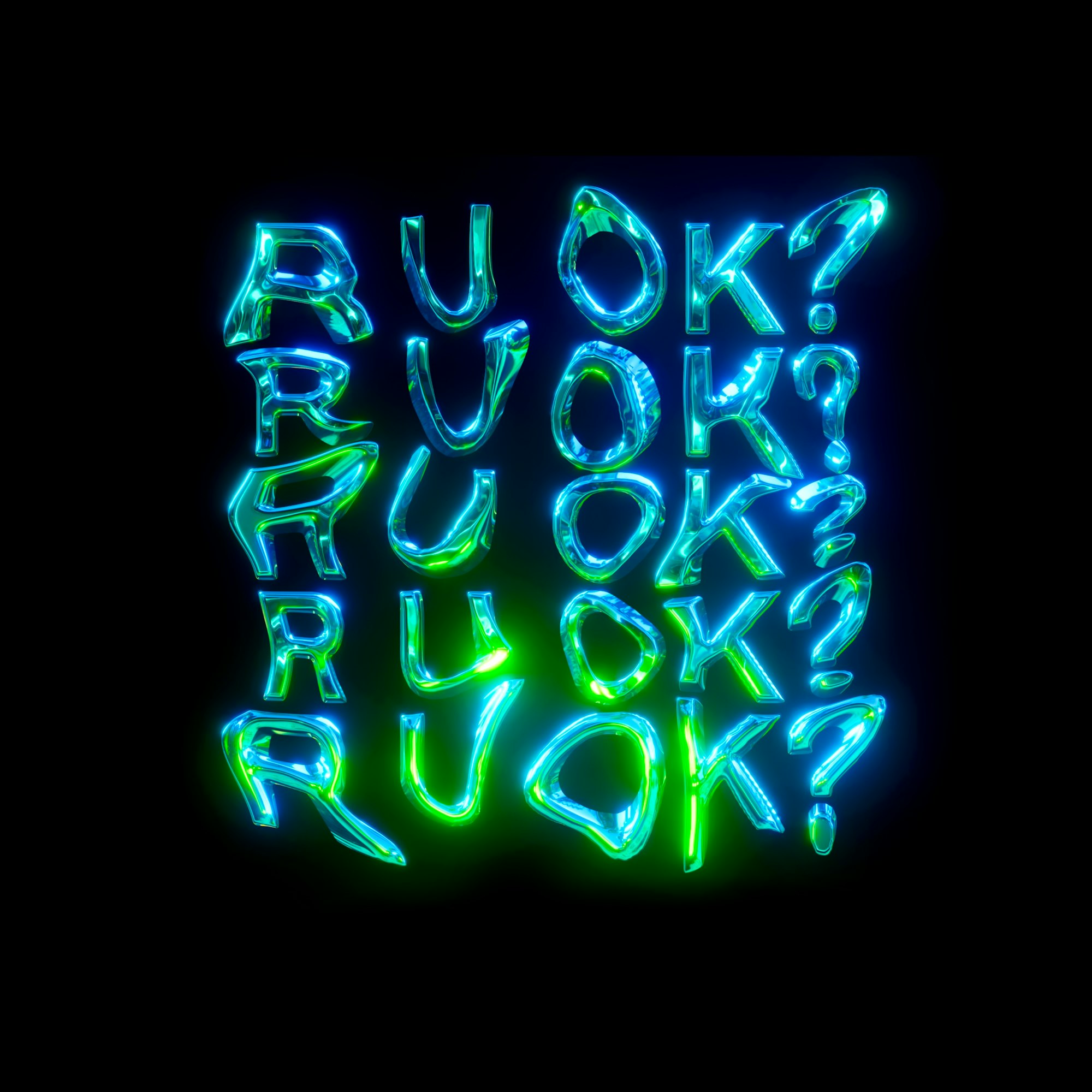
Post 3 of 6

Post 4 of 6
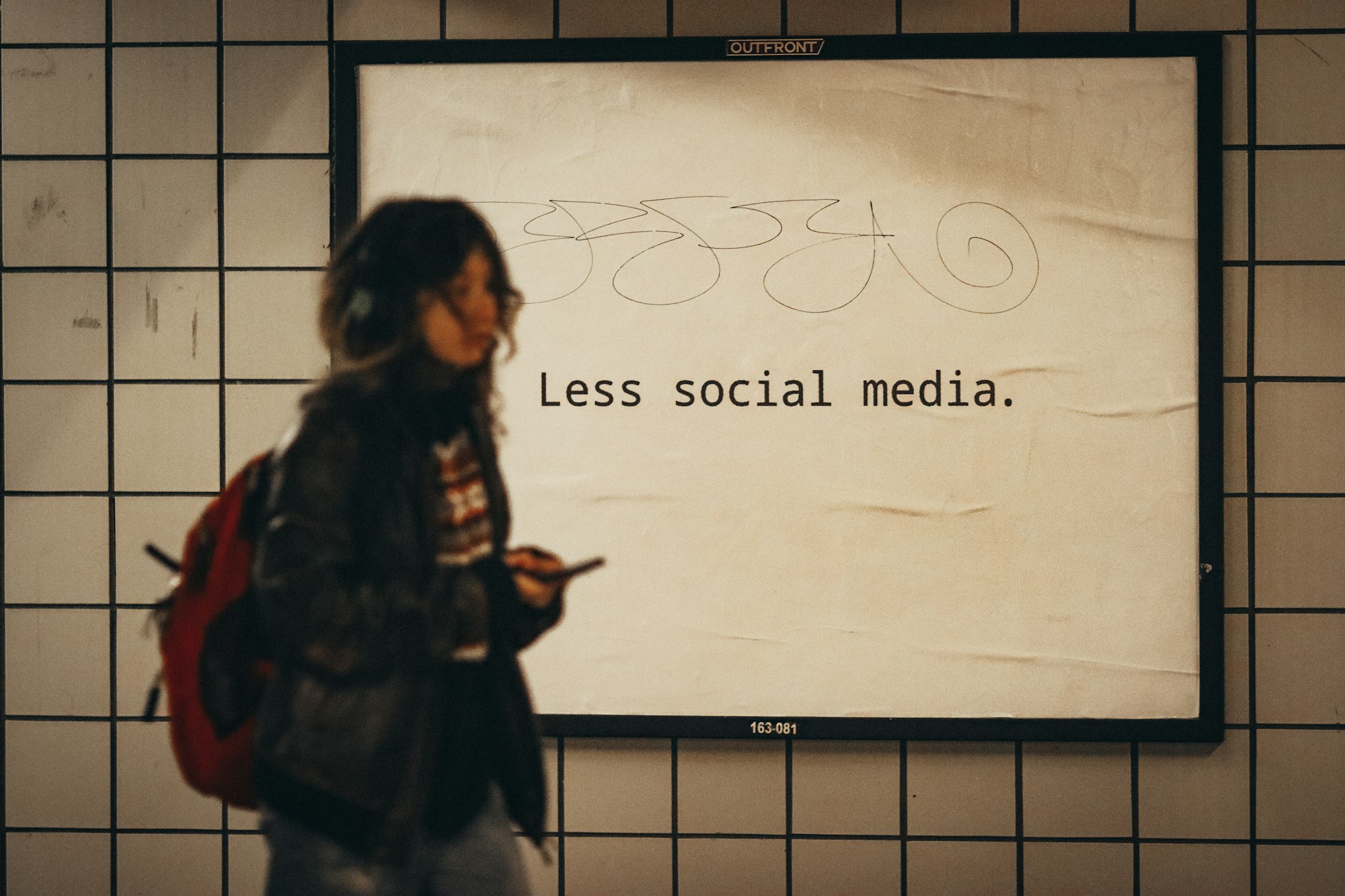
Post 5 of 6
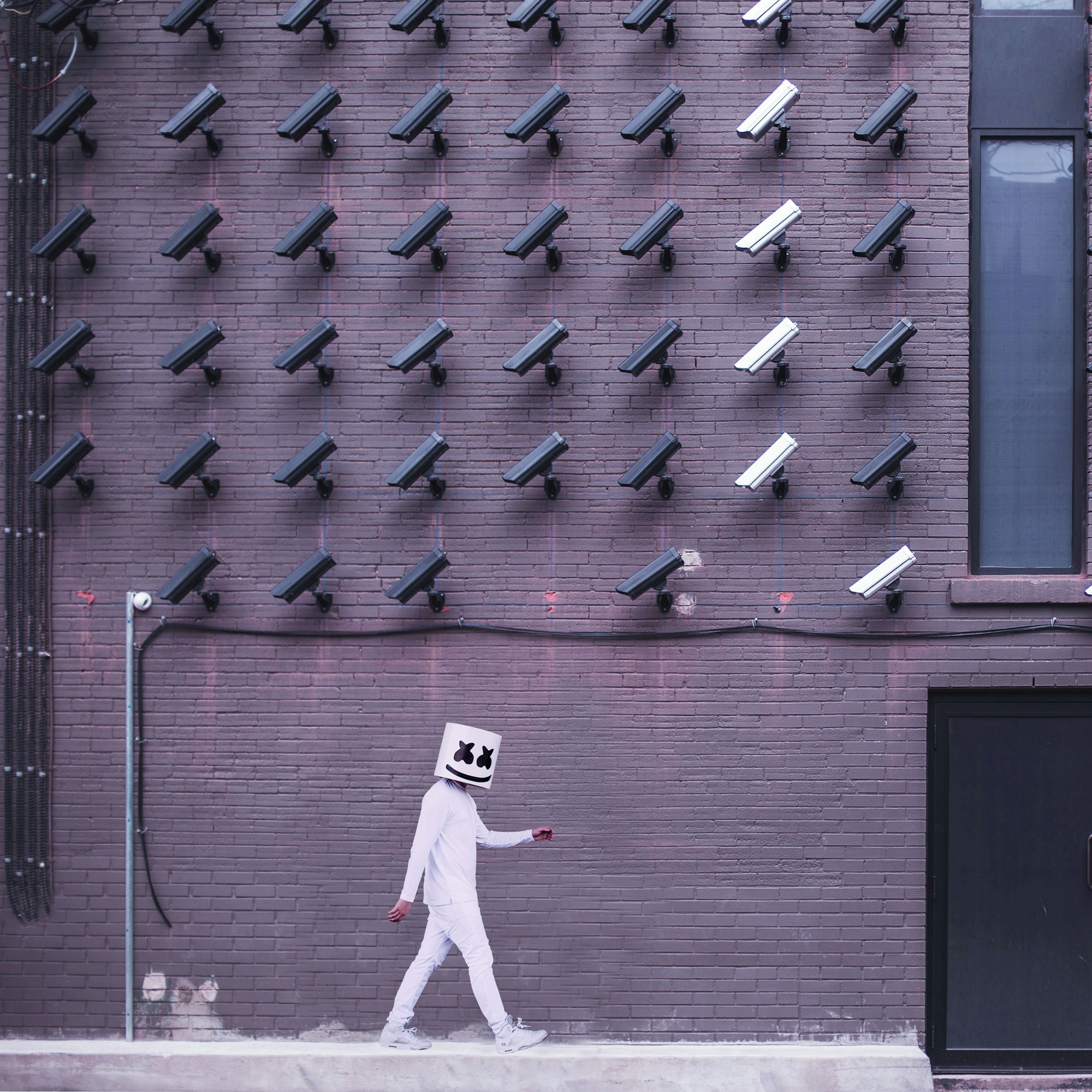
Post 6 of 6
Frequently Asked Questions (FAQs)
1. Has OpenAI confirmed they are putting ads in ChatGPT?
Not officially. Senior executives have stated that ads are not currently being deployed but have not ruled them out for the future, provided they are "thoughtful and tasteful." Internal financial projections, however, indicate that advertising is a central part of their long-term monetization strategy.
2. Why would OpenAI need to run ads? Isn't ChatGPT Plus enough?
Running AI models at ChatGPT's scale is incredibly expensive, costing billions of dollars per year. With an estimated 700 million users and only around 20 million paid subscribers, the subscription model alone is not sufficient to cover costs and fuel future growth. Ads represent a way to monetize the vast free user base.
3. How could ads actually work inside a ChatGPT conversation?
Ads would likely be integrated subtly to avoid disrupting the user experience. This could take the form of "sponsored suggestions" within an answer (e.g., "For that task, Product X is a great tool"), native-style recommendations, or even a commerce model where OpenAI takes a cut of purchases made through the chat.
4. What is "native advertising" in AI, and why is it a problem?
Native advertising is when paid promotional content is designed to look and feel like the organic content that surrounds it. In an AI context, this means a sponsored product recommendation could be woven seamlessly into a helpful answer, making it difficult for the user to distinguish between an impartial suggestion and a paid ad. This blurs lines and erodes trust.
5. Will my paid ChatGPT Plus subscription include ads?
Based on current statements, it is highly unlikely. The value proposition of a paid subscription is typically an ad-free experience. Ads are primarily being considered as a way to monetize the free tier of users.
6. Could this push users to other AI models?
Absolutely. If ad integration degrades the user experience or trust in ChatGPT's answers, it could create a significant opportunity for competing AI models that promise greater transparency, privacy, or an ad-free experience. This is a major risk factor for OpenAI.
7. What can I do if I'm concerned about ads in AI?
The most direct action is to vote with your wallet by subscribing to a paid, ad-free tier if one is available. You can also support and use open-source or privacy-focused AI alternatives. As a community, users can pressure companies like OpenAI to commit to clear and unambiguous labeling of any sponsored content.












